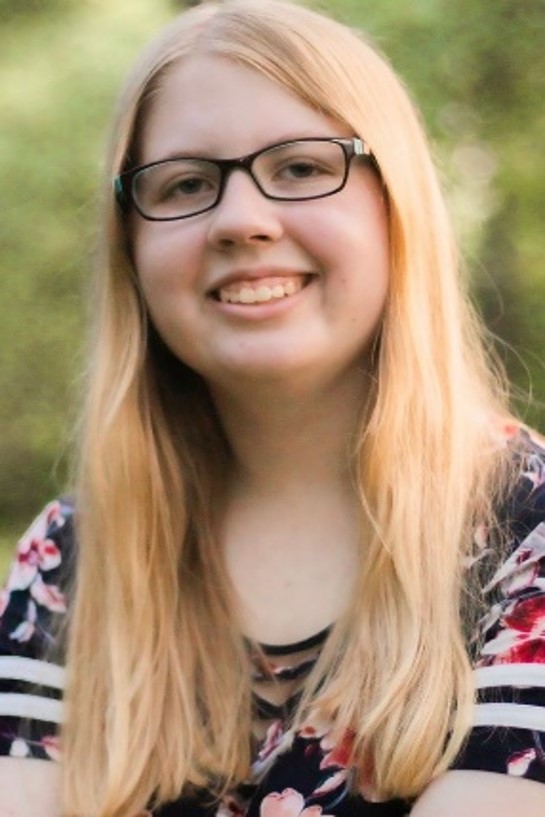BETHANY EGGE
Southern Illinois University, MS Microbiology
Smith + Gardner Scholar 2025

Increasing Production of Digestor Methane and Digestate Decomposition Efficiency with Oxidative Hydrothermal Dissolution
In the United States, 34 billion gallons of wastewater are treated every day. Wastewater treatment involves removing toxic elements from water systems through both microbial treatments and the removal of biosolids. These biosolids can be further treated in a process called anaerobic digestion (AD). In AD, biosolids are decomposed by anaerobic microorganisms, producing biogas. This process removes bioavailable nutrients resulting in a recalcitrant product known as digestate. Although this waste digestate can be used as fertilizer, the majority is sent to landfills or incinerated, which represents a significant financial burden to treatment plants that utilize AD. Their only financial return is through selling produced biogas, and this profit is offset by costs associated with building and operating AD plants.
The novel patented hydrothermal technology known as Honeyshyne™ (HS) can dissolve biomass into water using only heat, oxygen, and pressure. The insoluble carbon molecules in the biomass are converted into soluble forms and are therefore more readily bioavailable to microorganisms. We hypothesized that when HS is used to process digestate, a waste comprised primarily of insoluble material, the resulting soluble product can be returned to the AD system, potentially producing more biogas. If successful, HS could provide dual benefits to AD systems by increasing biogas production, adding value, and reducing waste solids, minimizing costs. Preliminary studies indicate that combining HS technology with the AD industry could provide economic and environmental benefits.
Biography
Bethany is a master’s student studying Microbiology at Southern Illinois University in Carbondale. She received her Bachelor of Science in Microbiology from SIU in May 2024. During her undergraduate studies, she participates in student-driven research in Dr. Scott Hamilton-Brehm’s laboratory. She received a Research-Enriched Academic Challenge (REACH) grant for her work on harmful algal blooms and worked closely with graduate students who received funding through XPRIZE and NASA. Her Master’s focus is on novel methods of enhancing methane production of anaerobic digestion.
